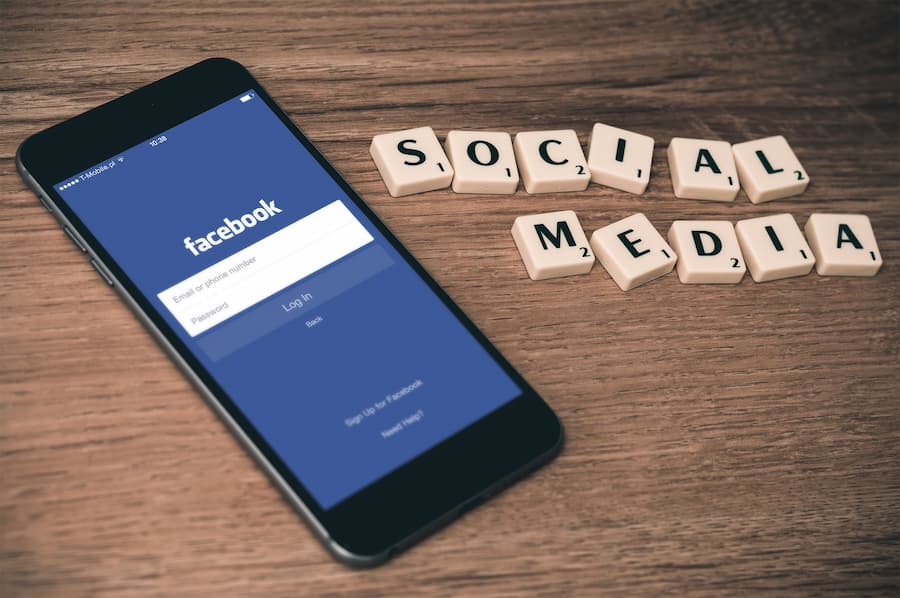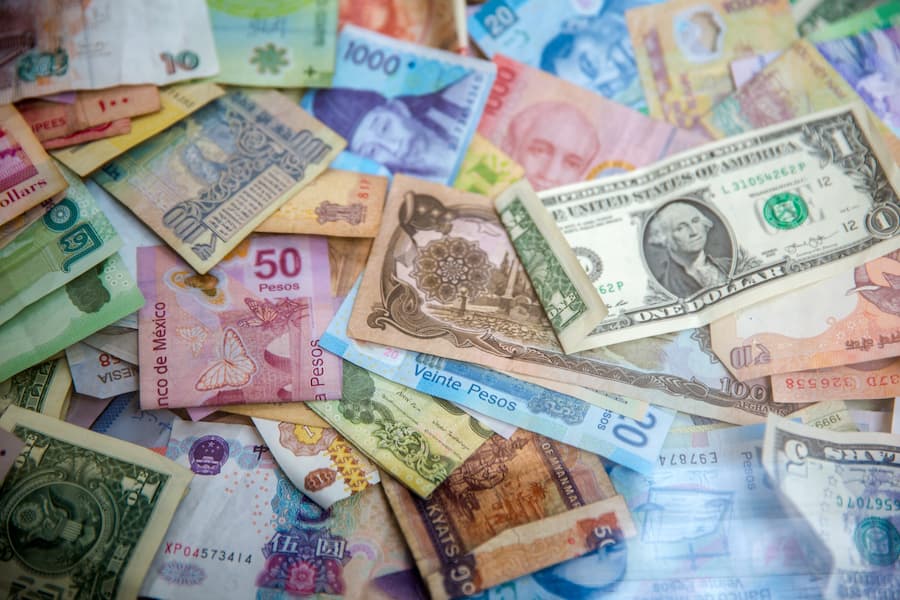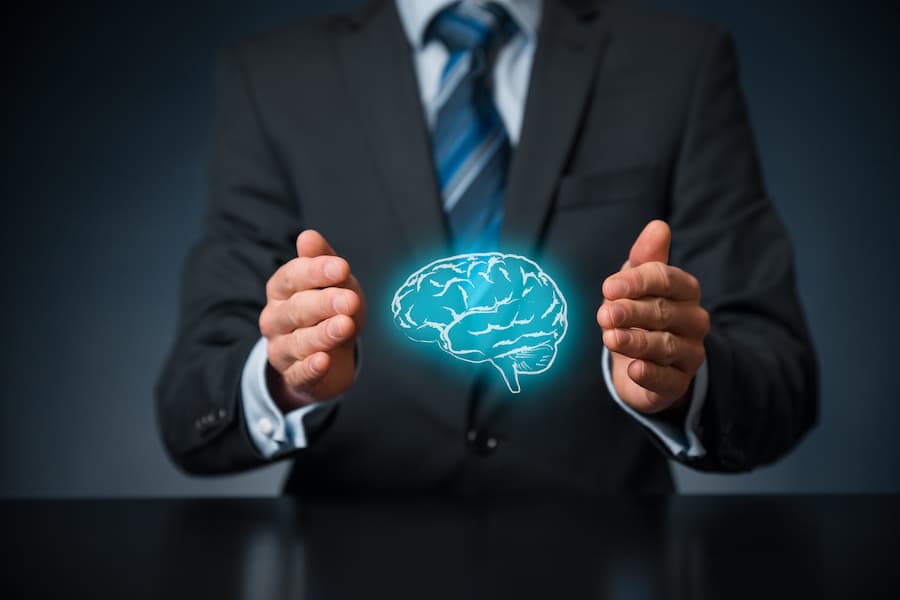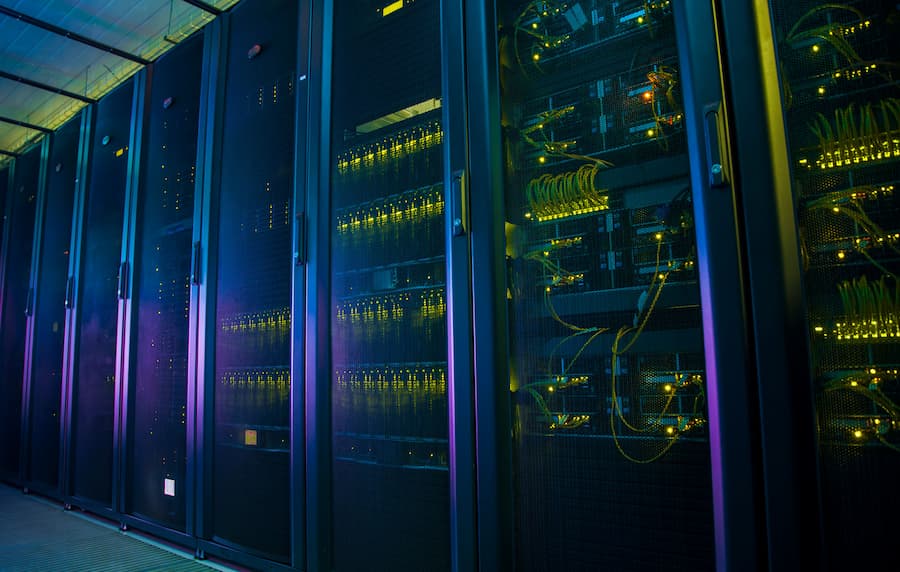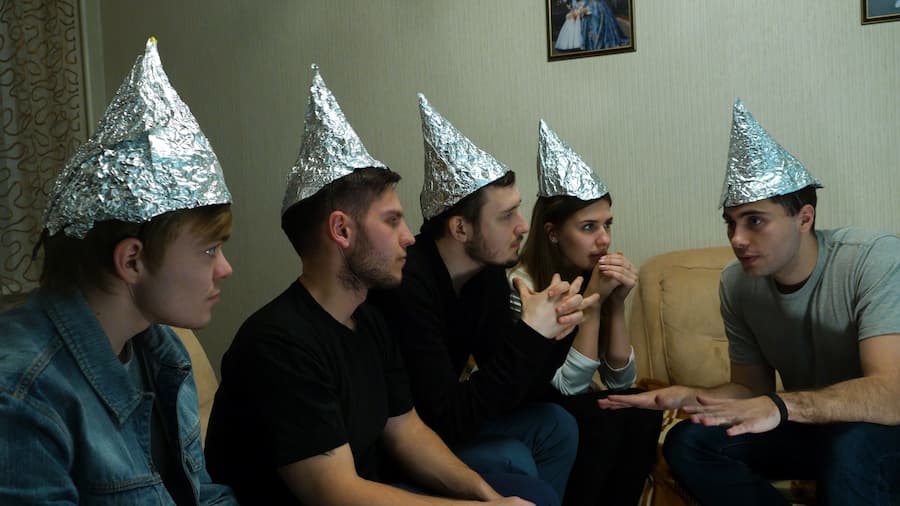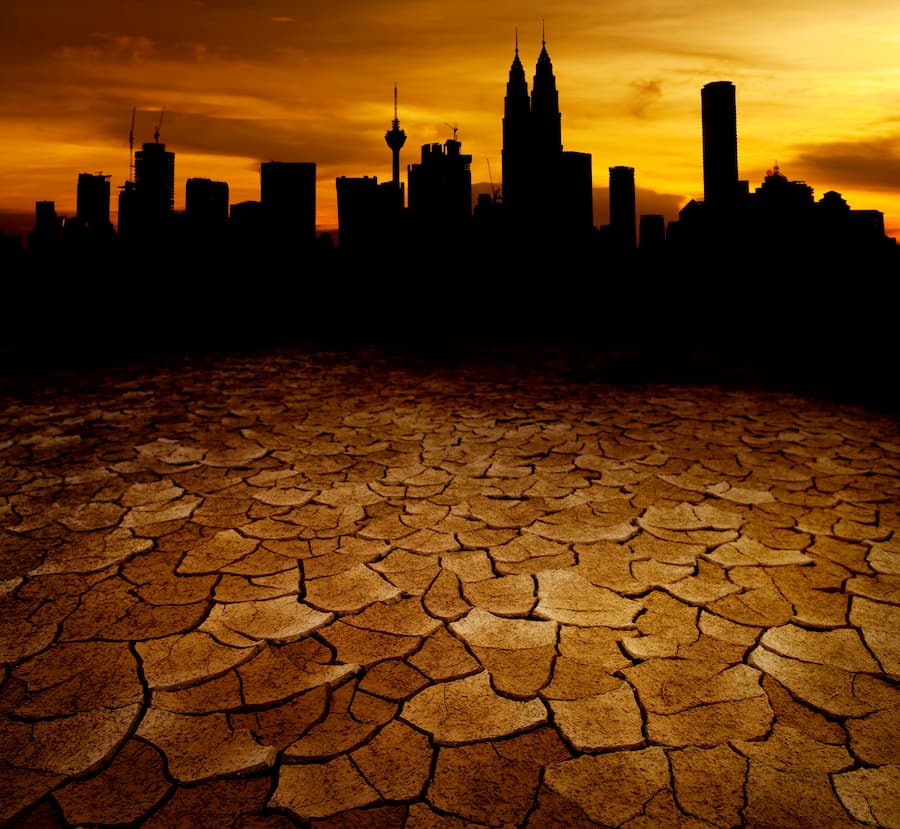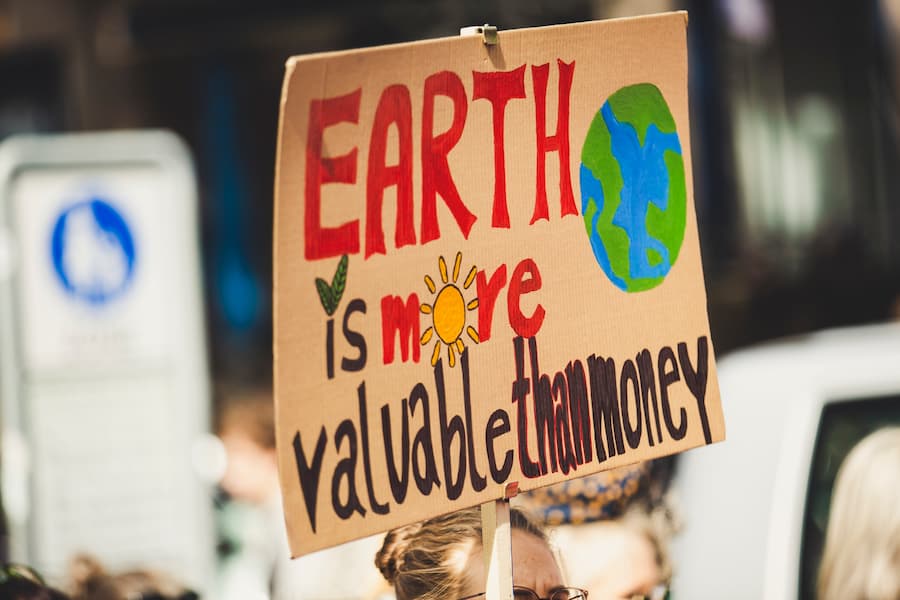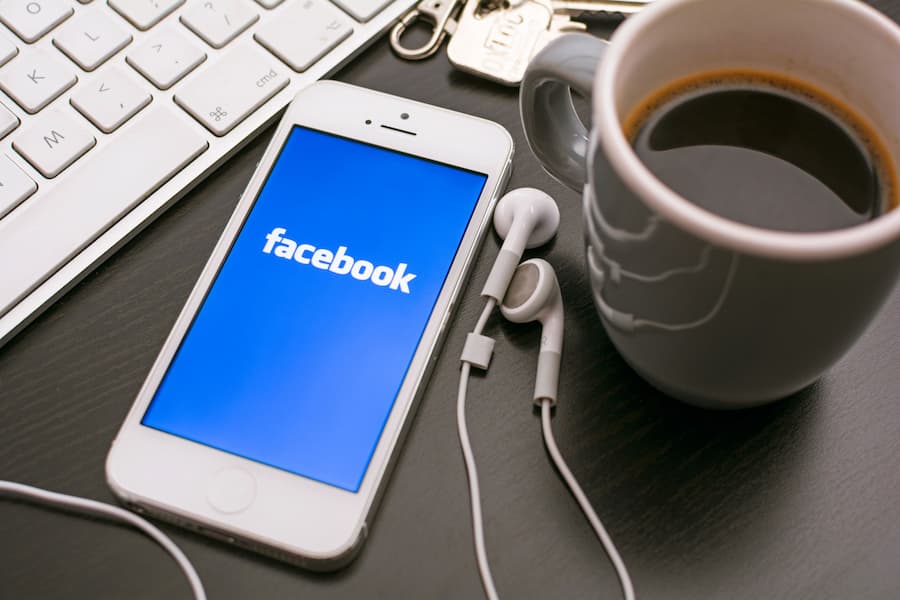The Social Dilemma - The Documentary
The documentary drama hybrid "The Social Dilemma" is about the dangerous human impact of social networking. It features tech experts who helped create aspects of the social networks they are criticizing.
I decided to write a page about this film even though it looks at the negative side of social media (and there are many positives of social media) and is not mainly about climate change. However, one of the main points it makes is that social media is causing a lot of disinformation, including climate change denial.
I believe that in order to solve the serious issue of climate change, we must tackle the sources of disinformation (as well as spreading awareness at the same time).
What's the Problem?
The film starts with people saying that they initially believed that social media was a force for good, but now they are very concerned.
They do mention that there are many positive aspects of social media. For instance, they said how they:
- Reunited lost family members
- Found organ donors
- Made meaningful systemic changes around the world
However, there are many problems, such as:
- Social media has a negative impact on mental health
- People isolate themselves in a bubble
- Fake news is becoming more advanced and threatening societies around the world
- Elections were hacked (for example, Russia's influence in the 2016 American Election)
- Terrorist groups and white supremacists used social media to gain followers
- In India, Internet lynch mobs killed a dozen people
- It makes handling an epidemic more difficult due to fake news
A reporter states, "We have gone from the information age into the disinformation age."
Monetization Model
In the movie, it is discussed that the biggest companies in high tech are in the business of selling their users.
Essentially, advertisers are the customers, and we are the thing being sold, according to one of the speakers in the movie.
One insider states that the classic saying is, "If you're not paying for the product, then you are the product."
Also, it is stated that these big companies are competing for the user's attention and want to get their users to spend more time on their creations.
One person says, "We're the product. Our attention is the product being sold to advertisers."
Another speaker says that in his opinion, it is the gradual, slight, imperceptible change in your behaviour and perception that is the product.
Yet another speaker says that their business is to sell certainty, and in order to be successful in that business, you need to be able to make great predictions that rely on a large amount of data.
One person says that it is not our data being sold, but that what they do with the data is to build models that predict our actions, and whoever has the best model wins.
Manipulation
One insider in "The Social Dilemma" says that in a lot of these tech companies, there are three main goals:
- engagement: drive up usage to keep scrolling
- growth: keep the users coming back and inviting more people
- advertising: make as much money as possible from advertising
The movie shows Arthur C. Clarke's quote, "Any sufficiently advanced technology is indistinguishable from magic."
Essentially, a magician knows how a person's mind works and uses that to fool them (magicians are also mentioned in the documentary Merchants of Doubt).
In high tech companies, they are using persuasive psychology in technology.
Tristan Harris, a former design ethicist at Google and co-founder of Center for Humane Technology, says, "Persuasive technology is just sort of design intentionally applied to the extreme, where we really want to modify someone's behaviour. We want them to take this action."
Tristan mentions that there's an entire discipline called "growth hacking." Essentially, teams of engineers try to hack people's psychology in order to obtain more growth. This allows them to get more user sign-ups and more engagement. They can get you to invite more people.
Companies like Google and Facebook do scientific A/B testing of small feature changes, which is when they test a large amount of small experiments on users to see which is most optimal to get users to do what they want them to do.
Tristan explains that we moved away from having a tools-based technology environment to an addiction and manipulation-based technology environment. He adds, "Social media isn't a tool that's just waiting to be used. It has its own goals, and it has its own means of pursuing them by using your psychology against you."
The movie shows Edward Tufte's quote: "There are only two industries that call their customers 'users': illegal drugs and software."
Psychological Harm
In "The Social Dilemma," Tristan says, "It's not just that it's controlling where they spend their attention. Especially social media starts to dig deeper and deeper down into the brain stem and take over kids' sense of self-worth and identity."
He asserts, "We evolved to care about whether other people in our tribe think well of us or not 'cause it matters. But were we evolved to be aware of what 10,000 people think of us? We were not evolved to have social approval being dosed to us every five minutes. That was not at all what we were built to experience."
Jonathan Haidt, a social psychologist, says that there has been a tremendous increase in depression and anxiety for American teenagers, which began around between 2011 and 2013. He says that the hospitalizations for self-harm and the number of suicides in youth has increased dramatically because of social media.
Unexpected Consequences
Randima (Randy) Fernando, a co-founder of the Center for Humane Technology, states that social media is being driven by technology that's advancing exponentially. He mentions that processing power from the 1960s to today has increased over a trillion times. However, our brains have not evolved much at all.
Tristan says that you're living inside a hardware, a brain, that is millions of years old facing a computer screen and on the other side of the screen are thousands of engineers and supercomputers, which is not a fair fight.
Tristan states that artificial intelligence is already running today's world despite how movies picture artificial intelligence running the world in the distant future.
In the movie, a person says that when you go to Google and type "Climate change is," you will see different results based on where you live. In certain places, it will autocomplete with "Climate change is a hoax."
The movie "The Social Dilemma" discussed that people on their news feeds (YouTube or Facebook, for instance) would not see the same information as others do, and that information is not necessarily the truth.
Studies have shown that people in the United States are more divided than before.
Now it is mentioned in the movie that television stations do something similar, as they compete to get people's attention in order to get money from their advertisers. However, the Internet is much more effective due to the fact that it accumulates a huge amount of data.
Massive Disinformation
There are a huge amount of people who believe in conspiracy theories or other false information via the Internet. Unfortunately, social media algorithms will show false information to a massive amount of people. For instance, the flat-Earth theory was recommended hundreds of millions of times by the YouTube algorithm.
The algorithms are getting more and more sophisticated over time, and as one of the speakers in the movie says, you too could soon be a victim of false information.
The movie discusses the prevalence of the conspiracy theory PizzaGate and how it led to someone bringing a gun to a pizza shop because he believed that he could liberate children from the basement (it turns out the pizza shop didn't even have a basement).
Tristan mentions, and this is very important in my opinion, that there was an MIT study that found that fake news on Twitter spreads six times faster than true news.
For example, there is a great deal of misinformation online about the coronavirus and vaccines in general. In fact, there were even people who burned cellphone towers because they believed that the towers were spreading the virus.
Certain countries, such as Russia and China, are spreading rumours and conspiracy theories.
Tristan states that "People have no idea what's true, and now it's a matter of life and death."
Very Dangerous Effects
A person states, "One of the problems with Facebook is that, as a tool of persuasion, it may be the greatest thing ever created. Now, imagine what that means in the hands of a dictator or an authoritarian. If you want to control the population of your country, there has never been a tool as effective as Facebook."
In Myanmar, hate speech was spreading on Facebook, and this led to the mass killings of Muslims. Cynthia M. Wong, a former senior internet researcher at Human Rights Watch, stated that "Facebook really gave the military and other bad actors a new way to manipulate public opinion and to help incite violence against the Rohingya Muslims that included mass killings, burning of entire villages, mass rape, and other serious crimes against humanity that have now led to 700,000 Rohingya Muslims having to flee the country."
Justin, one of the insiders, states, "Algorithms and manipulative politicians are becoming so expert at learning how to trigger us, getting so good at creating fake news that we absorb as if it were reality, and confusing us into believing those lies. It's as though we have less and less control over who we are and what we really believe."
Tristan states, "Imagine a world where no one believes anything that's true. Everyone believes the government's lying to them. Everything is a conspiracy theory. 'I shouldn't truth anyone. I hate the other side.' That's where all this is heading."
There are more violence and civil unrest due to disinformation. One speaker in the movie says, "What we're seeing is a global assault on democracy. Most of the countries that are targeted are countries that run democratic elections."
There is a scene that shows politician Marco Rubio declare, "We are a nation of people that no longer speak to each other. We are a nation of people who have stopped being friends with people because of who they voted for in the last election. We are a nation of people who have isolated ourselves to only watch channels that tell us that we're right." This is a good point by Rubio; however, I want to state that whatever he says should be taken with a grain of salt because he has spread misinformation about climate change.
Bringing Out the Worst in Society
In the movie "The Social Dilemma," one person states, "If everyone's entitled to their own facts, there's really no need for compromise, no need for people to come together. In fact, there's really no need for people to interact. We need to have some shared understanding of reality. Otherwise, we aren't a country."
Tristan conveys that "If we don't agree on what is true or that there is such a thing as truth, we're toast. This is the problem beneath other problems because if we can't agree on what's true, then we can't navigate out of any of our problems."
Tristan also adds that "It's not about the technology being the existential threat. It's the technology's ability to bring out the worst in society and the worst in society being the existential threat."
Tristan mentions that "If technology creates mass chaos, outrage, incivility, lack of trust in each other, loneliness, alienation, more polarization, more election hacking, more populism, more distraction and inability to focus on the real issues that's just society. And now society is incapable of healing itself and just devolving into a kind of chaos."
Unfortunately, as Tristan says, "The race to keep people's attention isn't going away. Our technology's gonna become more integrated into our lives, not less. The AIs are gonna get better at predicting what keeps us on the screen, not worse at predicting what keeps us on the screen."
Fears for the Future
One of the insiders in "The Social Dilemma" says that he is worried about a civil war happening.
Jaron Lanier says, "If we go down the current status quo for, let's say, another 20 years we probably destroy our civilization through willful ignorance. We probably fail to meet the challenge of climate change. We probably degrade the world's democracies so that they fall into some sort of bizarre autocratic dysfunction. We probably ruin the global economy. Uh, we probably, um, don't survive. You know, I... I really do view it as existential."
Tristan says, "Is this the last generation of people that are gonna know what it was like before this illusion took place? Like, how do you wake up from the matrix when you don't know you're in the matrix?"
Not Just Doom and Gloom
In "The Social Dilemma," Tristan conveys, "A lot of what we're saying sounds like it's just this one-sided doom and gloom. Like, 'Oh my God, technology's just ruining the world and it's ruining kids,' and it's like... 'No.' It's confusing because it's simultaneous utopia and dystopia."
One insider says, "I don't think these guys set out to be evil. It's just the business model that has a problem."
They mention that we need regulation in this industry. One mentions that the phone companies have a lot of sensitive data about you, but there are many laws to protect consumers. However, there aren't many laws for digital privacy.
Big Speech Towards End
One of the insiders says, "We live in a world in which a tree is worth more, financially, dead than alive, in a world in which a whale is worth more dead than alive. For so long as our economy works in that way and corporations go unregulated, they're going to continue to destroy trees, to kill whales, to mine the earth, and to continue to pull oil out of the ground, even though we know it is destroying the planet and we know that it's going to leave a worse world for future generations."
"This is short-term thinking based on this religion of profit at all costs, as if somehow, magically, each corporation acting in its selfish interest is going to produce the best result. This has been affecting the environment for a long time. What's frightening, and what hopefully is the last straw that will make us wake up as a civilization to how flawed this theory has been in the first place is to see that now we're the tree, we're the whale. Our attention can be mined. We are more profitable to a corporation if we're spending time staring at a screen, staring at an ad, than if we're spending that time living our life in a rich way."
"And so, we're seeing the results of that. We're seeing corporations using powerful artificial intelligence to outsmart us and figure out how to pull our attention toward the things they want us to look at, rather than the things that are most consistent with our goals and our values and our lives."
Final Comments on The Social Dilemma and Ted Talks
At the end of the film "The Social Dilemma," the insiders talk about how things need to be fixed, and some say it may take a long time. Also, one says it will require a collective will.
There is also some advice to the viewers at the end of the film. One which I find important is "Before you share, fact-check, consider the source, do that extra Google. If it seems like it's something designed to really push your emotional buttons, like, it probably is."
Finally, there are Ted talks from Tristan Harris such as this one:

Further Reading and Sources
- Home
- Best Documentaries
- The Social Dilemma
Join the Community and Newsletter (4500 Subscribers)
You can subscribe to my Substack Page or see the archives of previous posts. More great content coming soon!
Recent Articles
-
Quotes on Climate Change
Nov 24, 25 07:29 PM
Here is a list of quotes on climate change divided into different categories, many of which include people you have previously heard of. -
Climate Change Guide
May 09, 25 08:36 PM
The Climate Change Guide is your guide to a more sustainable future, and will provide you with all relevant information on mankind's greatest challenge. -
Laurent Cousineau
May 09, 25 08:23 PM
Here is information about the founder of the website Climate Change Guide, Laurent Cousineau. He created it in August 2011. -
Climate Change Quotes by Scientists Around the World
Aug 24, 24 02:01 PM
Explore impactful climate change quotes by scientists. Discover the wisdom and insights of experts advocating for a sustainable future.
